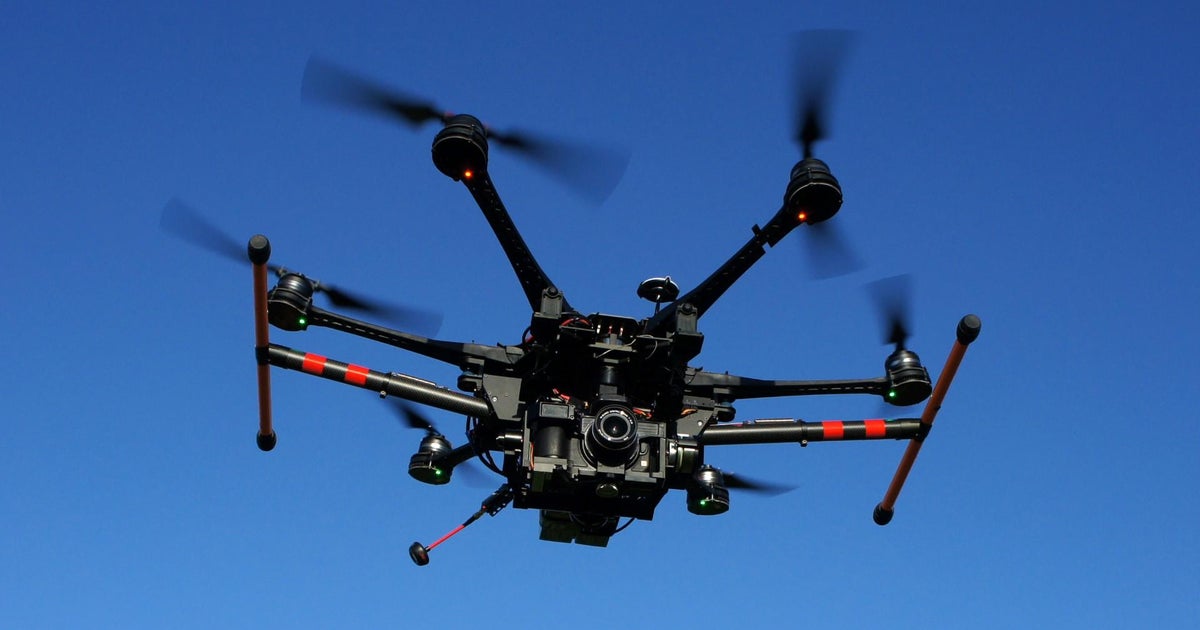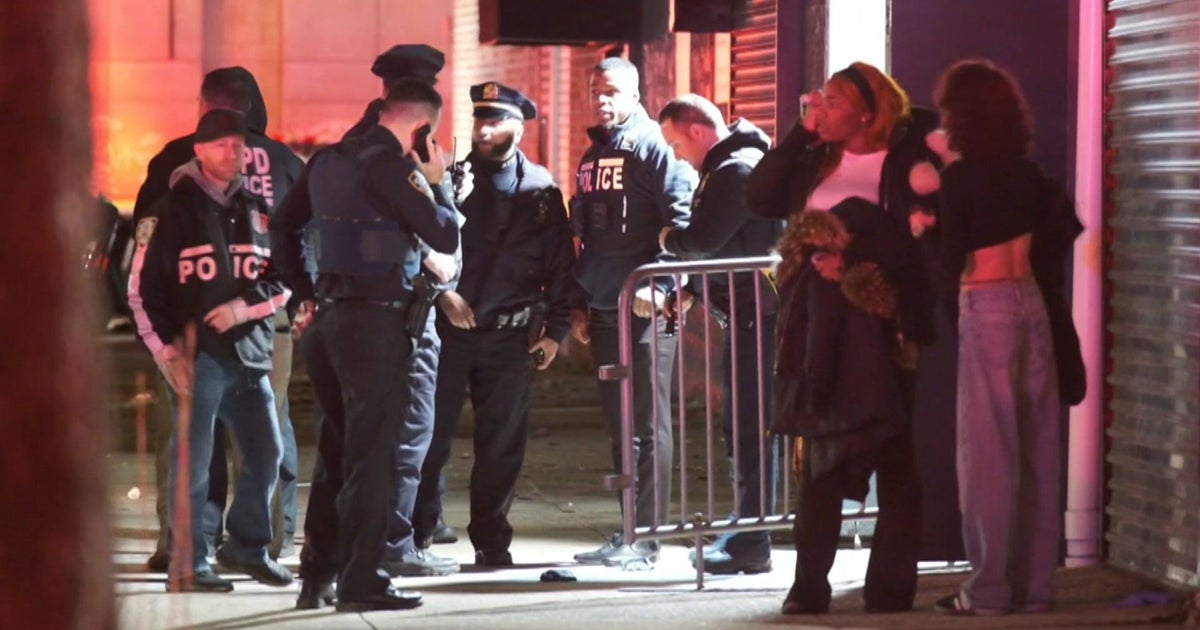Loud Cellphone Talkers Next Bane Of Air Travelers?
NEW YORK (CBSNewYork/AP) -- Airline passengers have already been stripped of their leg room, hot meals and personal space. Now, they might also lose their silence.
The Federal Communications Commission is considering lifting its longtime prohibition on making cellphone calls on airplanes, saying it is time "to review our outdated and restrictive rules.''
But for many passengers, that would mean the elimination of one of the last sanctuaries from our hyper-connected world. Everybody wants the ability to stay connected while traveling, but nobody wants to be trapped next to some guy yapping away during the entire trip from New York to Las Vegas.
"The only way I'd be in favor of this is if the FCC mandated that all those who want to use their cellphones must sit next to families with screaming children,'' said frequent flier Joe Winogradoff.
Amtrak and many local commuter railways have created quiet cars for those who don't want to be trapped next to a loud talker.
It's not hard to envision airlines offering "quiet rows,'' although there will probably be an extra fee to sit there. Hopefully, they'll be more effective than the old smoking and non-smoking sections.
"I'm sure airlines will institute parts of the plane that will be the no phone zone and they'll be highly sought after," said Mary Schiavo, former inspector general of the U.S. Department of Transportation.
One flight attendant union has already come out against any change, saying that a plane full of chattering passengers could lead to arguments and undermine safety.
"In emergencies, cellphone use would drown out the announcements and distract from life-saving instructions from the crew," the Association of Flight Attendants said in a statement.
There is also already a petition on the White House website and hundreds writing the FCC to complain that loud conversations will disrupt the calm of the cabin.
Passenger Kai Xu had another concern: What's going to happen to the already limited bathrooms on the plane?
"Are they going to become the telephone booths for those who want to talk on the phone in private?'' he said.
Not everybody hates the idea. Craig Robins, a lawyer who flies close to 100,000 miles a year, said a relaxation of the ban would be "a mixed blessing.''
"Having the ability to communicate with my office, my family and my friends, especially for making necessary plans for airport pickups and meetings on the day of arrival, is invaluable,'' he said. "Of course, the downside is with the inconsiderate flier who is oblivious to how loud he or she is talking. That is what will drive us crazy.''
Most Middle East airlines and a few in Asia and Europe already allow voice calls on planes. Passengers' cellphone signals are either relayed via a satellite or through a special "picocell'' to the ground.
Voice calls technically can be made on some U.S. planes today via satellite, but airlines block providers such as Skype, in part because they fear it will eat up the limited bandwidth.
Within hours of the FCC's announcement, the cellphone industry voiced its support. Airlines already charge for Internet access. It's not too much of a stretch to imagine them charging for phone use.
Allowing calls isn't so much a safety issue as one about what is socially acceptable.
"There are simply far too many people who consider themselves too important to stop talking as a courtesy to other passengers, especially when, given airplane background noise, they'll probably have to talk louder than usual,'' said Benjamin Stolt, who flies nearly 200,000 miles a year.
Ultimately, it might be left up to the airlines to decide.
American and United Airlines said they would wait for a FCC decision and then study the issue. Delta Air Lines was much more firm, saying passenger feedback for years has shown "overwhelming'' support for a ban.
JetBlue and Southwest also noted a desire for silence, but added that tastes and desires change.
"If everyone starts doing it and it becomes culturally acceptable, we'd have to consider it,'' said Southwest Airlines spokesman Brad Hawkins. "But no one thinks it's a good idea.''
The FCC will review the proposal in December, CBS 2's Amy Dardashtian reported. Approval of the proposal would mean that planes would have to be equipped with special equipment that would transmit airborne wireless signals to cell towers on the ground.
The Federal Aviation Administration recently decided to let passengers keep electronic devices on gate to gate in light of studies that showed that cell phone service does not interfere with plane operation.
Check Out These Other Stories From CBSNewYork.com:
(TM and © Copyright 2013 CBS Radio Inc. and its relevant subsidiaries. CBS RADIO and EYE Logo TM and Copyright 2013 CBS Broadcasting Inc. Used under license. All Rights Reserved. This material may not be published, broadcast, rewritten, or redistributed. The Associated Press contributed to this report.)



